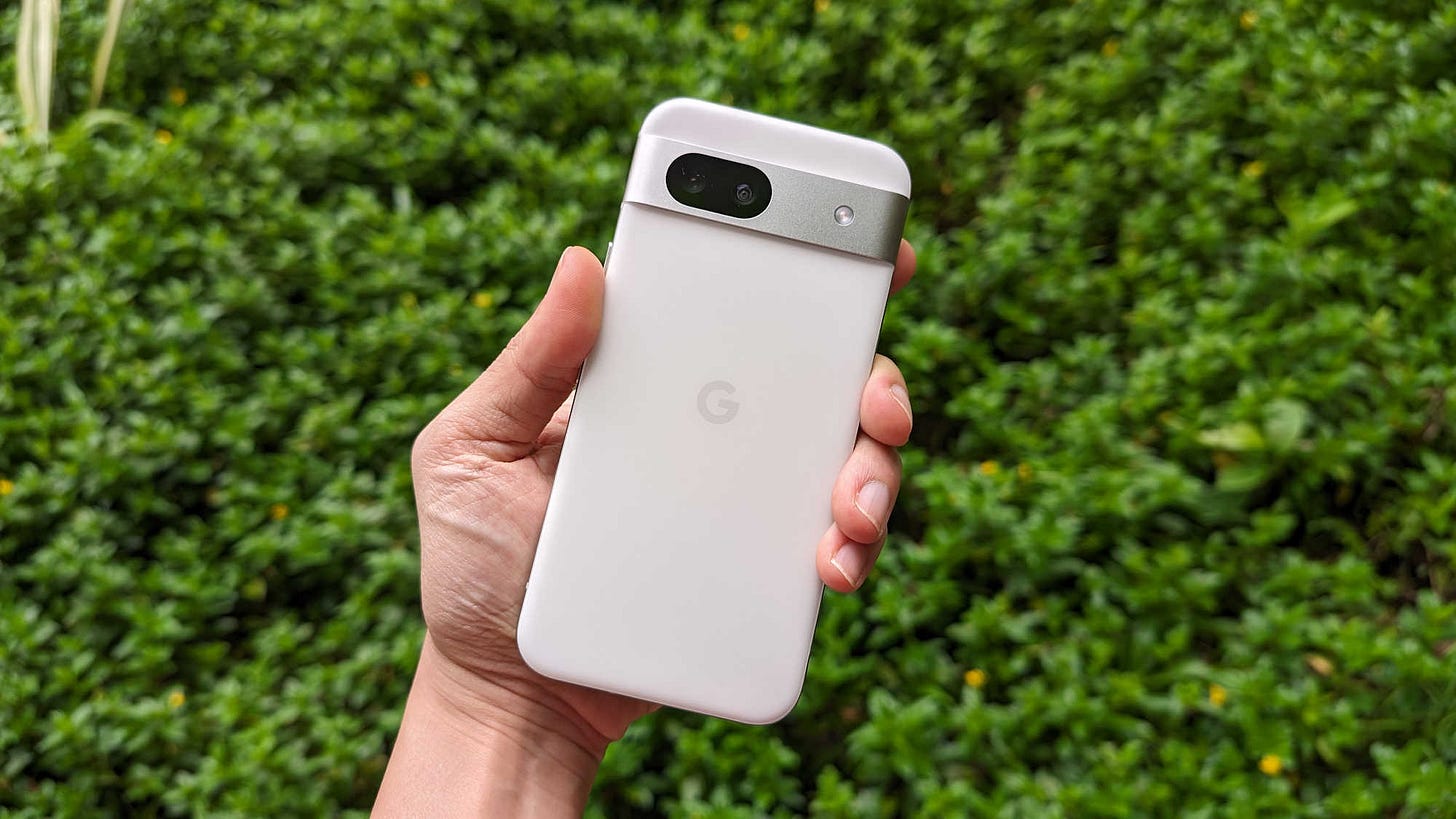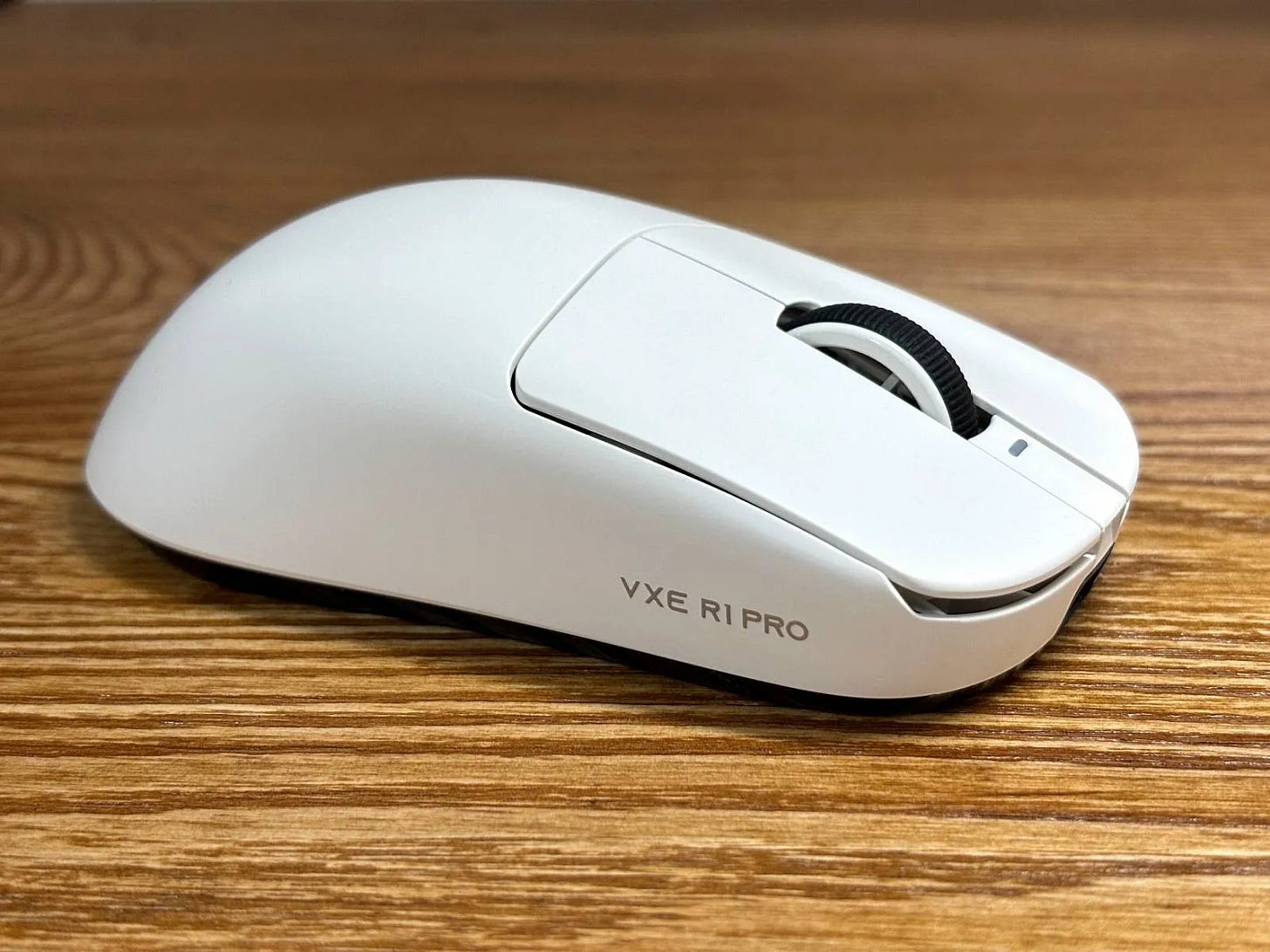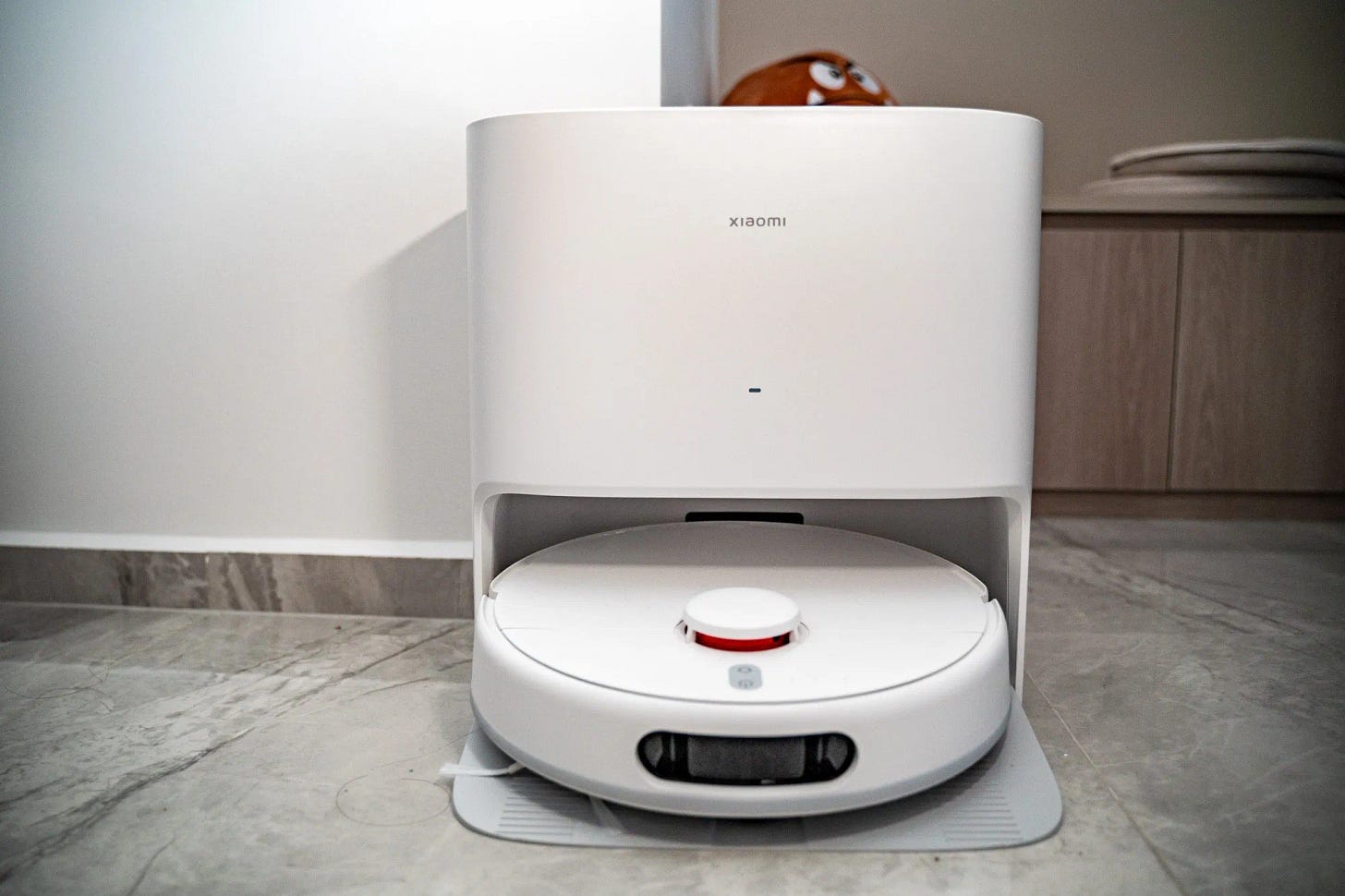Jam-packed AI week
AI news from OpenAI and Google as competition heats up
If OpenAI was auditioning for ChatGPT to be in the iPhone — rumours are swirling around an Apple deal — the startup could not have done a better job than its recent announcement of GPT-4o (“o” for “omni”). Along with live demos that showed how GPT-4o handled audio, vision, and text, the announcement was an impressive showcase of the current state of AI.
I was particularly taken by how ChatGPT could now emote, delivering a bedtime story with the right emotions and tone, even sarcasm. It can also recognise human emotions from facial expressions. Given how companies like Boston Dynamics and Nvidia are progressing with humanoid robots, I imagine it wouldn’t be too long before a ChatGPT-powered robot becomes reality.
Meanwhile, at the Shoreline Amphitheatre in Mountain View, California, “AI” was mentioned 121 times during Google’s I/O keynote. The tech giant announced a slew of AI features covering its major products, from Search to Android to Google Workspace. For example, Search, Google’s bread and butter, now gets an AI-generated summary at the top of the page above the search results. It can also help plan an itinerary, and even search via video captured using Google Lens. This new Search is coming first to the US before rolling out in more countries.
But the most exciting announcement at Google I/O is probably Project Astra, a multimodal AI assistant that can help users with their queries. Coming first to phones later this year, Project Astra can use the device’s camera and microphone to recognise objects, and remembers what it sees and hears. And it apparently works with smart glasses, too. In short, Project Astra looks to be Google’s answer to the latest ChatGPT-4o. Soon, it will be Apple’s turn to show what they’re cooking up on the AI front.
This week, we tested the more affordable Pixel 8a, which has the same AI features as the other Pixel 8 models, played around with a cheap but excellent lightweight mouse, and left all the house-cleaning to Xiaomi’s latest robot vacuum.
The Google Pixel 8a (from S$799) has all the AI features of the more expensive models in the Pixel 8 family, but at a lower price. However, it’s not that much cheaper than the Pixel 8, which you can often find at around S$800 when discounted. In short, the Pixel 8a is the most affordable way to get a Google Pixel experience, but the Pixel 8 may offer better value.
If you’re looking for an ultra-light gaming mouse that’s more affordable than the branded ones from the likes of Logitech and Razer, consider the VXE R1 Pro (around S$50). This mouse weighs just under 50g, while offering many of the same features (e.g. the latest PixArt PAW3395 sensor) found in its more expensive competitors.
The Xiaomi Robot Vacuum X20 is good robot vacuum that gets the job done easily and without fuss. It was great at navigating the home, and successfully avoided most obstacles. It also can clean its mop when done cleaning, though you’ll still need to empty the vacuum bin yourself. More importantly, it’s competitively priced at S$519.




